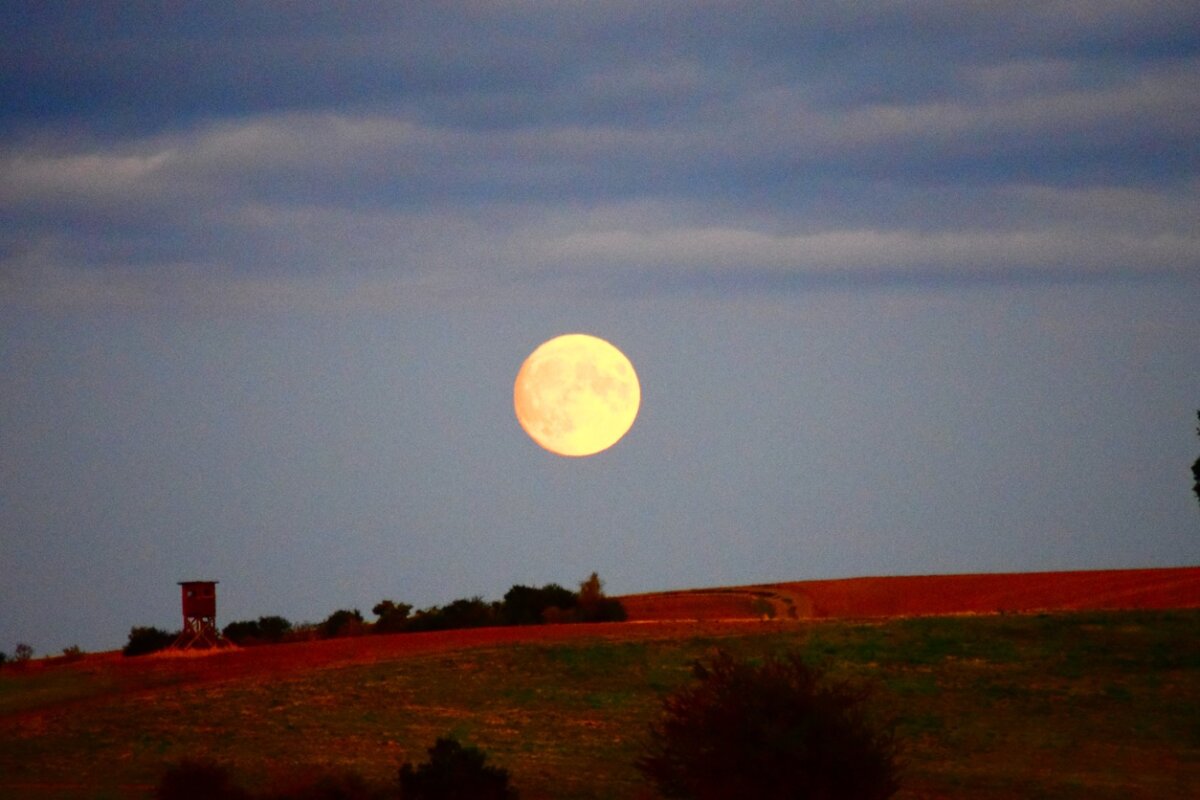In the vast tapestry of the cosmos, where stars twinkle and planets dance, the moon holds a special place in the hearts and minds of humanity. Each lunar phase brings its own unique charm, but one particular event stands out —the November Beaver Moon. Join us as we delve into the captivating allure of this celestial spectacle. And uncover its origins, significance and why it enchants sky gazers around the world.
Unveiling the Name: Origins of the Beaver Moon
The November full moon, often dubbed the “Beaver Moon,” carries a rich history steeped in tradition and folklore. Indigenous peoples of North America were keen observers of nature’s rhythms and named full moons to mark seasonal changes. For them, November signaled the time to set beaver traps before the waters froze, hence the name “Beaver Moon.”
Embracing Nature’s Symphony: Significance of the Beaver Moon
Beyond its name, the November full moon holds deeper significance across cultures. It symbolizes a time of preparation and reflection as the year wanes into its twilight. In many traditions, this lunar phase is associated with abundance, harvest and gratitude. As the moon graces the night sky in its full splendor, it serves as a reminder to honor the cycles of life and nature’s bounty.
A Cosmic Celebration
As November unfolds and the Beaver Moon graces the heavens, let us pause to marvel at the wonders of the universe. In its luminous embrace, we find solace, inspiration and a profound connection to the cycles of life. Whether you’re a seasoned astronomer or a casual observer, the November full moon beckons us to embrace the magic of the night sky and celebrate the beauty that surrounds us.
So, mark your calendars, set aside some time and prepare to be captivated by the celestial splendor of the November Beaver Moon. It’s a cosmic celebration you won’t want to miss.

